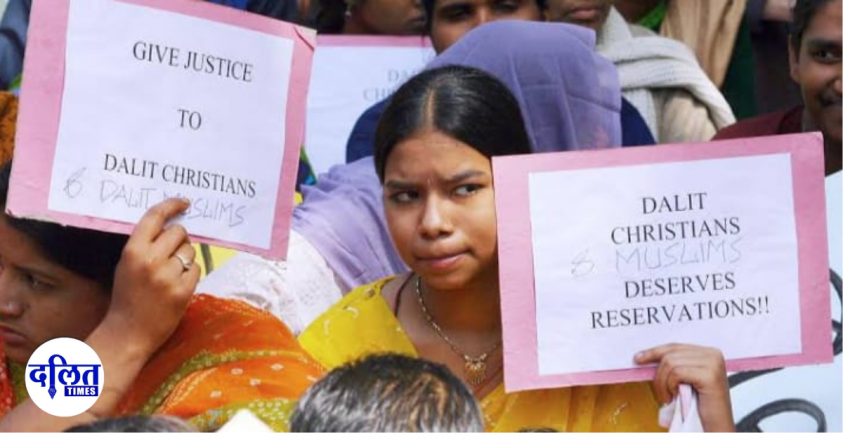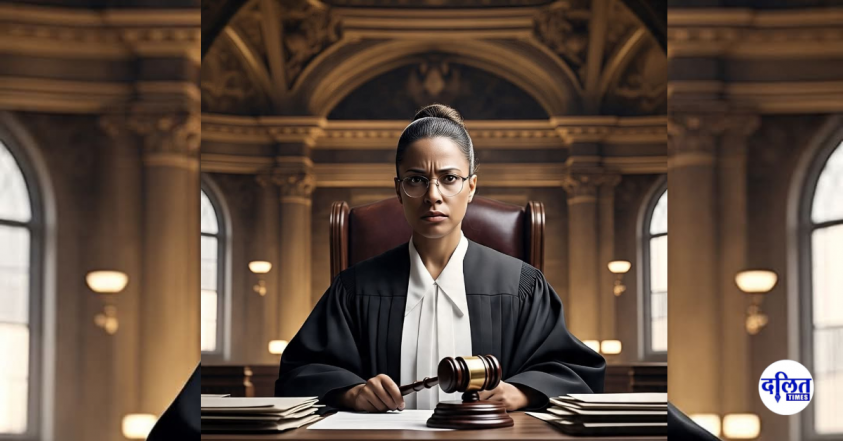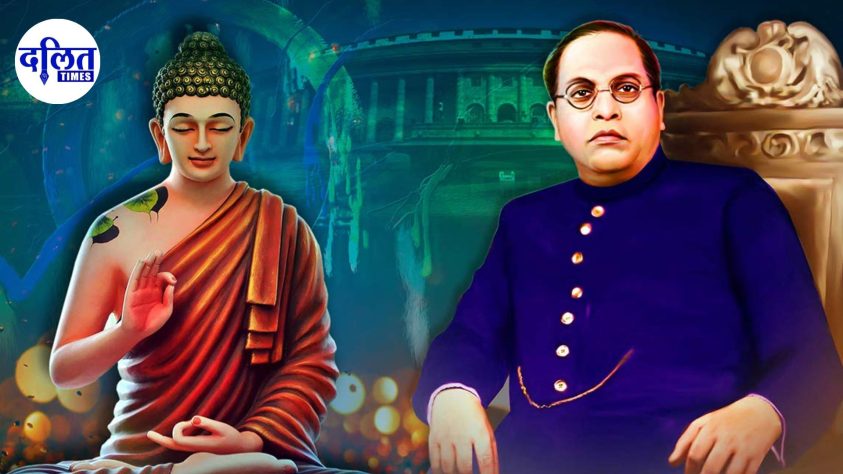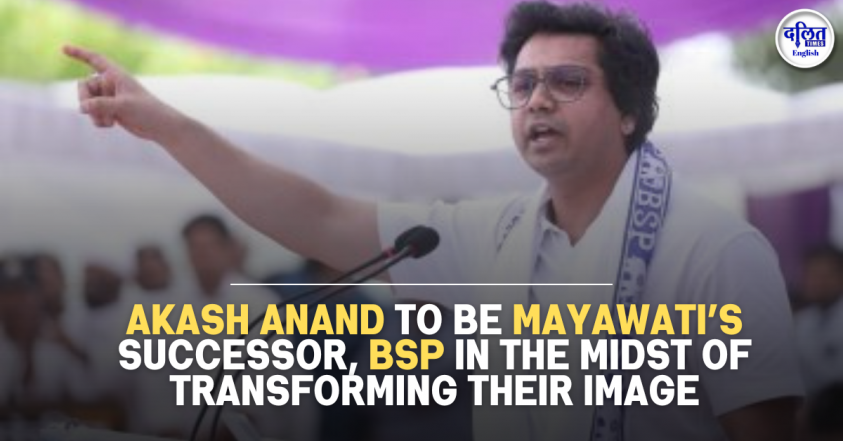The status of Dalits who convert to Christianity or Islam has long posed a constitutional conundrum in India. Central to this debate is Paragraph 3 of the Constitution (Scheduled Castes) Order, 1950, which restricts Scheduled Caste (SC) recognition to individuals professing Hinduism—later extended to include Sikhs (1956) and Buddhists (1990). As a result, Dalit Christians and Muslims are excluded from reservation benefits and statutory protections, including those under the SC/ST (Prevention of Atrocities) Act, 1989.
Yet, conversion does not annihilate caste. Discrimination often persists—albeit in altered forms—even within Christian and Muslim communities. Despite this sociological reality, judicial interpretation of the Order has varied across Indian courts, exposing deep contradictions between formal constitutionalism and the mandate of social justice. In recent years, the Supreme Court has reinforced a rigid constitutional stance, raising critical concerns about equality, recognition, and the lived realities of caste.
Andhra Pradesh High Court: Rigid Adherence to Presidential Order
In Akkala Rami Reddy v. State of Andhra Pradesh (2025), the Andhra Pradesh High Court reaffirmed that SC status is lost upon conversion to Christianity. Justice N. Harinath quashed charges under the SC/ST (PoA) Act against the accused, reasoning that the complainant, having embraced Christianity, was no longer entitled to protection under the Act.
Also Read: “No Human Should Be Made to Enter a Sewer”: Manual Scavenging, Law, and the Crisis of Caste
“This Court is of the considered view that the registration of crime under the provisions of the SC/ST (PoA) Act is illegal… The police could not have laid a charge sheet… A false complaint is filed and no purpose would be served if the petitioners are relegated to the trial Court.”
The Court cited the binding nature of Paragraph 3 of the 1950 Presidential Order, asserting that SC recognition is conditional upon adherence to Hinduism, Sikhism, or Buddhism. It followed the precedent set in Soosai v. Union of India (1985), in which the Supreme Court held that a Dalit convert to Christianity could not claim SC status absent a statutory amendment.
Madras High Court: Mere Conversion Not Sufficient for SC Status
The Madras High Court ruled that mere conversion or reconversion to Hinduism does not automatically entitle a person to SC reservation benefits unless there is clear evidence of community acceptance and practice of caste customs.
In C. Selvamani v. The Director of Technical Education & Others, the petitioner, born to Christian parents, claimed reconversion to Hinduism and sought an SC certificate for educational reservation.
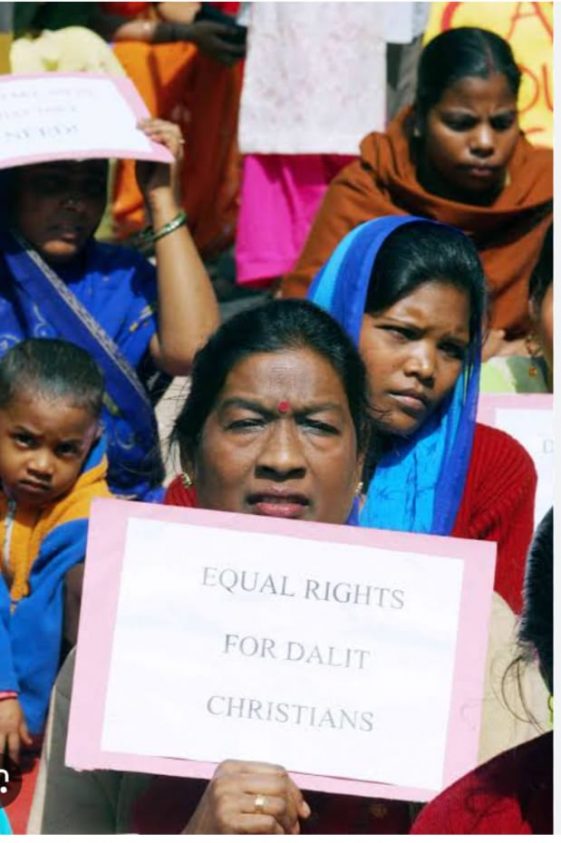
The Court observed that under the Constitution (Scheduled Castes) Order, 1950, only those professing Hinduism, Sikhism, or Buddhism qualify for SC status. However, conversion alone is insufficient—acceptance by the caste community and genuine observance of its customs are necessary.
As the petitioner failed to establish such acceptance and adherence, the Court upheld the denial of the SC certificate.
Supreme Court: Conversion Solely for Quota Benefits Not Permissible
The Supreme Court upheld this interpretation in C. Selvarani v. State of Tamil Nadu & Ors., Civil Appeal No. 3606 of 2024. A bench comprising Justices Pankaj Mithal and R. Mahadevan dismissed the appeal challenging the Tamil Nadu government’s refusal to issue an SC certificate. The petitioner’s claim of reconversion to Hinduism lacked credibility, as her parents were Christians and she continued to participate in Christian practices.
Justice Mahadevan, observed:
“India is a secular country. Every citizen has a right to practise and profess a religion of their choice as guaranteed under Article 25 of the Constitution. One converts to a different religion when genuinely inspired by its principles, tenets, and spiritual thoughts. However, if the purpose of conversion is largely to derive the benefits of reservation but not with any actual belief in the other religion, the same cannot be permitted…”
The Court concluded that since the appellant continued to profess Christianity, she was not eligible for SC benefits under the 1950 Order.
Contrasting Perspectives: Kerala and Bombay High Courts
In contrast, the Kerala and Bombay High Courts have adopted more sociologically grounded approaches.
The Kerala High Court recognized that caste identity and social exclusion often persist even after conversion. It emphasized that constitutional protections should not be divorced from ground realities.
Similarly, the Bombay High Court held that denying SC benefits to converted Dalits while acknowledging ongoing discrimination violates the principle of equality. The Court urged a “reality-based” interpretation of SC status.
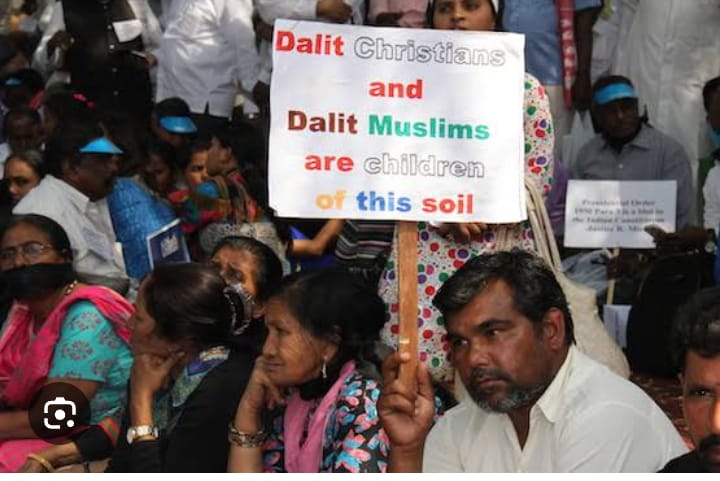
While neither court directly overturned the 1950 Order, both highlighted the inconsistencies between legal doctrine and lived experience, advocating for constitutional and legislative reforms that reflect India’s evolving social fabric.
Empirical Evidence Ignored
Despite overwhelming empirical data, the rigid legal position remains unchanged:
- The Sachar Committee Report (2006) found that Dalit Christians and Muslims suffer socio-economic and educational deprivation on par with Hindu Dalits.
- The Ranganath Misra Commission Report (2007) recommended delinking SC status from religion, citing persistent caste-based marginalization.
- Writ Petition (Civil) No. 180/2004, Centre for Public Interest Litigation v. Union of India, currently pending before a Constitution Bench, seeks to extend SC status to Dalit Christians and Muslims. Yet successive governments have failed to act on these findings or amend the 1950 Order.
A Constitutional Paradox and the Ongoing Challenge
India’s legal position presents a constitutional paradox: while the state guarantees religious freedom and acknowledges caste-based discrimination, it denies converted Dalits their rights by invoking the doctrinal non-recognition of caste in Abrahamic religions.
Also Read: Odisha Expands Reservation in Higher Education: A Step Toward Inclusive Policy Reform
The judiciary, in adhering to textual fidelity, often ignores caste’s persistent reality post-conversion. Successive governments have also shied away from amending the 1950 Order, despite extensive documentation of continued discrimination.
Reimagining Justice Beyond Religious Boundaries
The divergence in judicial approaches—from constitutional rigidity to sociological insight—reflects a broader ideological contest within Indian jurisprudence: between legal formalism and the transformative vision of the Constitution.
While the Supreme Court’s strict interpretation may be legally defensible, it betrays the Constitution’s moral compass—especially the emancipatory vision of Dr. B.R. Ambedkar, who imagined a society where caste would be annihilated, not merely renamed or redistributed.
What is urgently needed is legislative boldness and judicial foresight—to recognize that conversion does not erase caste, and to ensure that the protections promised by the Constitution are extended to all Dalits, regardless of religious affiliation. And protect their rights with separate reservation quota or fix specific quota for them to uplift them to mainstream.
Adv. Bindu Ammini/Dalit Feminist
